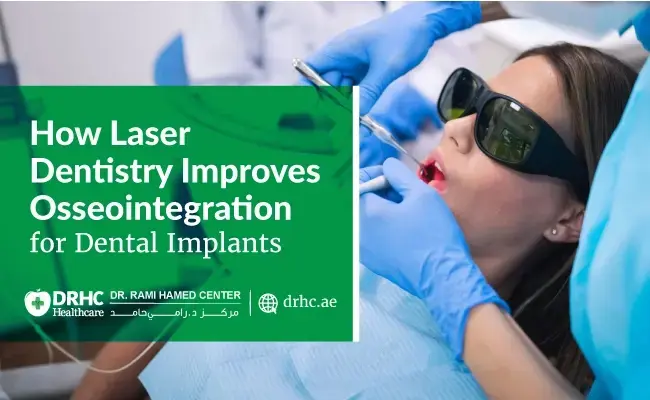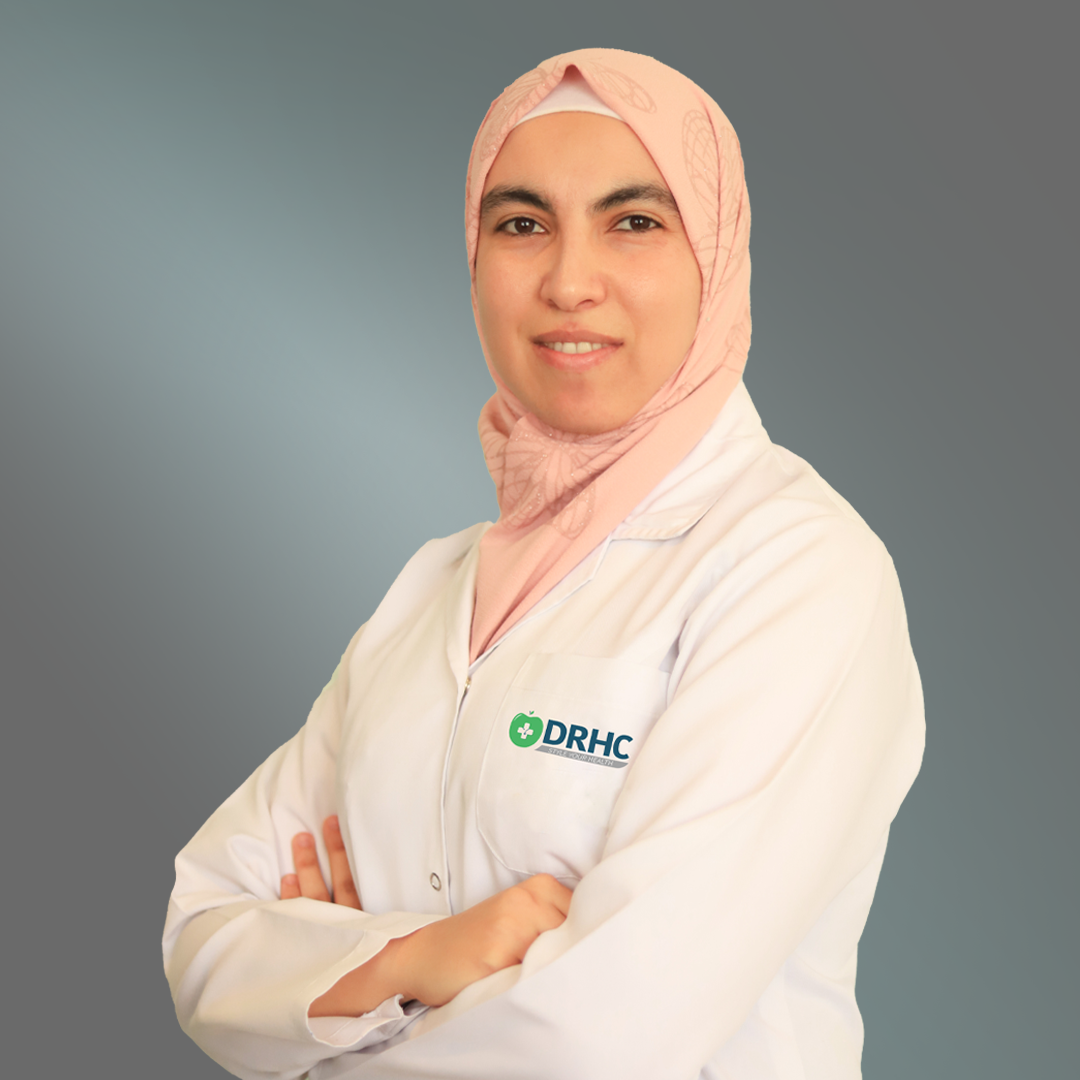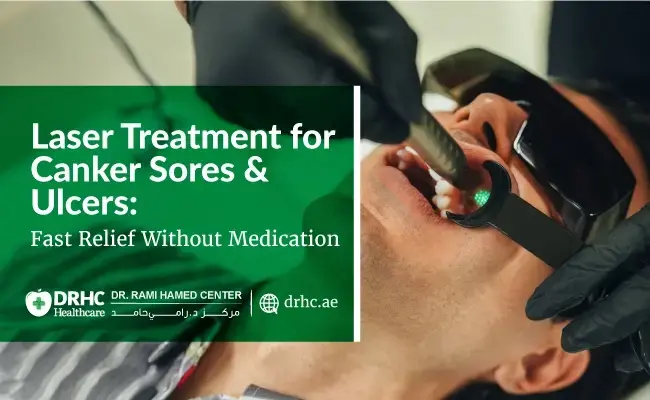
As the month of Ramadan approaches, it is important to ensure that your dental hygiene is in top shape. Fasting during Ramadan can impact your oral health, which is why it is essential to maintain a healthy routine to prevent any dental problems.
In this blog, we will discuss some tips for maintaining good dental hygiene during Ramadan. We wish and pray that God blesses everyone and brings you and your family good health and prosperity.
Benefits from Fasting during Ramadan
There are several benefits of fasting during Ramadan, which include:
- Spiritual benefits: Fasting during Ramadan is a religious obligation for Muslims, and it is believed to increase one's connection to God and improve spiritual discipline.
- Health benefits: Fasting has been shown to have various health benefits, including weight loss, improved insulin sensitivity, and lower blood pressure.
- Mental benefits: Fasting can help improve mental clarity and focus, as well as reduce symptoms of depression and anxiety.
- Social benefits: Ramadan is a time for community and sharing, and fasting can bring people closer together and foster a sense of solidarity.
- Self-discipline: Fasting requires self-control and discipline, which can help individuals develop these qualities and apply them to other areas of their lives.
How to Maintain Your Oral Health during Ramadan
Brush Your Teeth Regularly
The most important step in maintaining good dental hygiene is to brush your teeth regularly. Make sure you brush your teeth at least twice a day, once after suhoor and once after breaking the fast (iftar). Use fluoride toothpaste and brush your teeth for at least two minutes. Brushing your teeth removes the plaque and bacteria that can cause tooth decay and bad breath.
Floss Daily
Flossing is equally important as brushing your teeth. It removes the food particles stuck between your teeth that cannot be removed by brushing alone. Flossing prevents gum disease and keeps your teeth healthy. Make sure you floss at least once a day, preferably before going to bed.
Use Mouthwash
Using mouthwash after brushing and flossing can be beneficial for your oral health. Mouthwash helps to kill bacteria that cause bad breath and prevents gum disease. It also freshens your breath and gives you a clean feeling.
Avoid Sugary Foods
During Ramadan, it is common to indulge in sugary foods after breaking the fast. However, consuming too much sugar can lead to tooth decay and cavities. Try to limit your intake of sugary foods and opt for healthier alternatives like fruits.
Stay Hydrated
Staying hydrated is essential for your overall health, including your oral health. Drinking plenty of water before fasting and after breaking fast helps to wash away food particles and bacteria that can cause tooth decay and bad breath. It also prevents dry mouth, which can lead to tooth decay and gum disease.
FAQs on Dental Hygiene during Fasting
Can I brush my teeth during fasting hours?
Yes, you can brush your teeth during fasting hours. However, it's important to avoid swallowing any toothpaste or water, which can invalidate your fast.
How can I prevent bad breath during Ramadan?
Bad breath can be prevented by maintaining good oral hygiene, including regular brushing and flossing. You can also try using a non-alcoholic mouthwash and avoid Sulphur containing foods such as onions, garlic, etc.
Can fasting cause dental problems?
Fasting can lead to dehydration, which can affect the production of saliva, increasing the risk of dental problems such as cavities and gum disease. Therefore, it's important to stay hydrated and maintain good oral hygiene during Ramadan.
How can I maintain good oral hygiene during Ramadan?
You can maintain good oral hygiene by brushing and flossing regularly, drinking plenty of water before keeping the fast (Suhoor) and also after breaking the fast (iftar) and avoiding sugary and carbonated drinks, also salt and spicy food. To maintain general oral hygiene, you can also utilize "Miswak" or the "tooth-cleaning twig.
Can I visit the dentist during Ramadan?
Yes, you can visit the dentist during Ramadan. However, it's best to schedule your appointment outside of fasting hours to ensure you can properly hydrate and eat after the appointment.
Ramadhan tips for Better Oral Hygiene
- Water is essential before keeping the fast (Suhoor) and also after breaking the fast (iftar)
- Increase the number of fruits and vegetables you eat.
- Also avoid eating items with plenty of spices because they can cause acidity, heartburn, etc.
- Avoid fried, oily, and other meals.
- Whether you are fasting or not, give up smoking. Your health and the health of your loved ones are both harmed by it.
Visit Your Dentist
Regular dental check-ups are essential for maintaining good oral health. Schedule an appointment with your dentist before Ramadan to ensure your teeth and gums are in good condition. Your dentist can also advise you on any necessary precautions to take during Ramadan to maintain good dental hygiene.
Topic: Dental




.png)





Leave a comment